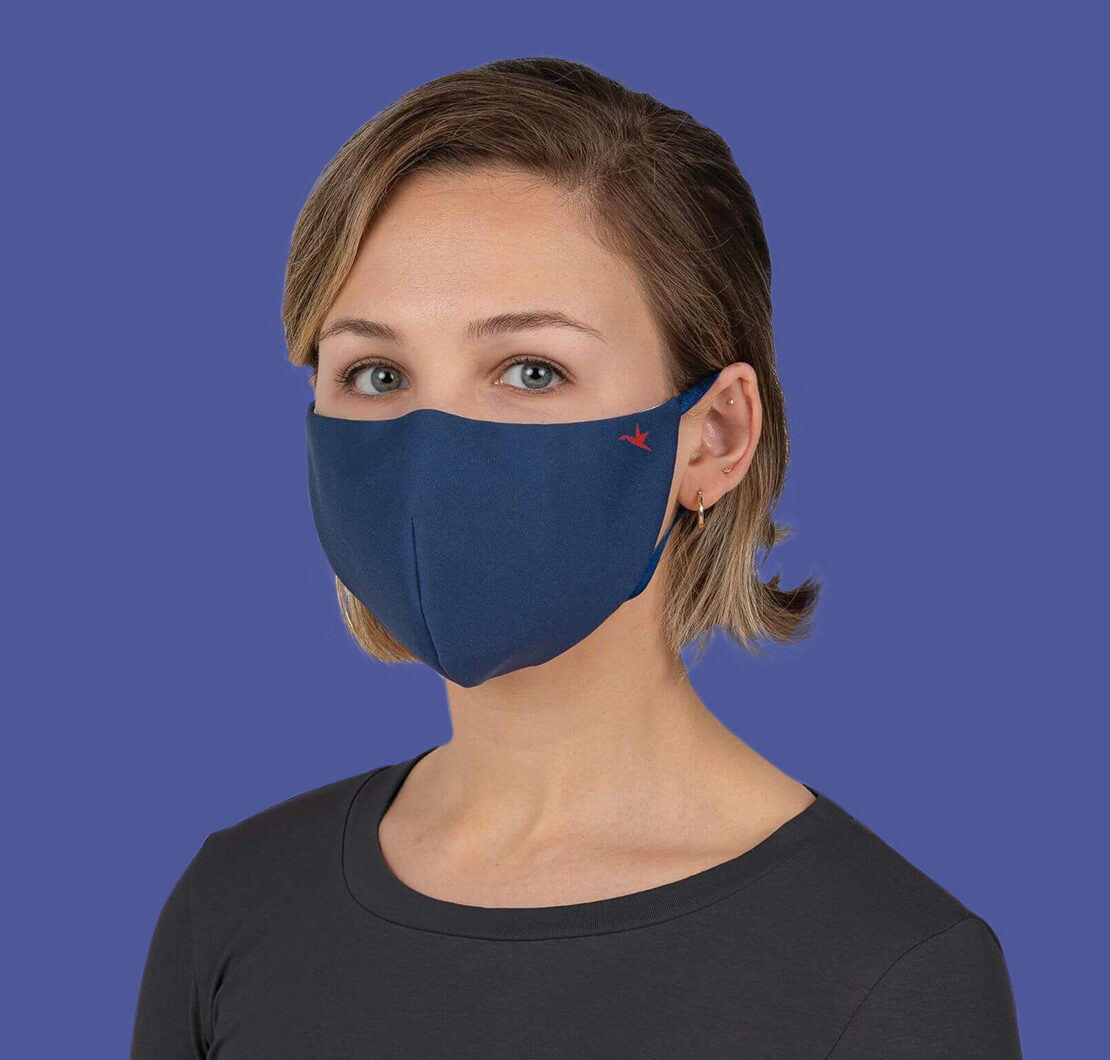The COVID-19 health pandemic changed how businesses operated, how people interact with one another, and how we maneuver through our communities.
Social proximity suggests that relationships develop with physical closeness. Before COVID-19, it was common to see people bonding in close spaces, like restaurants, bars, and even sports stadiums.
Covid-19 Normal
Mask wearing is also part of our new normal. We know that COVID-19 is an infectious airborne illness and also that the respiratory droplet produced by coughing, sneezing, and even talking causes infection. So, masks and facial coverings prevent us from inhaling them.
The CDC recommends that we wear a cloth face mask, preferably one made from cotton with high thread counts. Two layers of protection are ideal, and surgical masks, N95 masks, or cotton masks are more effective than bandanas. Often, respiratory droplets are too large to travel through the former.
As a nation, we’ve done our best to adjust to these changes. Many adhere to social distancing. We practice good hygiene. And above all, many of us wear face masks to protect ourselves and each other when in public.
But, we’re not all adjusting at the same rate. There are groups of people who have a hard time adjusting to the new normal. They may not be able to socially distance themselves or wear a mask. These include the elderly, people with physical limitations, and people with pre-existing health conditions like respiratory conditions.
Respiratory conditions, like asthma, can compromise or alter your ability to breathe. So, the idea of wearing something that essentially covers entries and exits for air may seem unsettling.
Is Mask-Wearing Safe for Your Asthma?
The nature of asthma and the purpose behind masks lead people to question whether mask-wearing is safe for asthmatics. The short answer is that it’s safe. There’s little evidence that suggests that general mask-wearing has harmful effects on your asthma or that it can make your asthma worse.
Dispelling Myths About Masks
One myth is that masks trap carbon dioxide (CO2), a potentially-harmful gas, and contribute to retaining CO2 in your body. Another myth is that facial coverings make it hard for you to breathe. Both are untrue. Properly fitting and donned masks have little to no harmful effect on the amount of oxygen you can inhale or the amount of CO2 you exhale. The American Academy of Allergy Asthma & Immunology supported this with their study that found mask-wearing has no impact on oxygen saturation. In short, this means that masks, though slightly uncomfortable, don’t hinder your breathing or harm your health.
Everyone Can’t Tolerate a Mask.
The truth is that some people have trouble tolerating face masks or coverings. They may have behavioral issues, sensory needs, or medical reasons. People in these groups should discuss mask-wearing and other alternatives with their primary healthcare provider. Some states recommend that these people limit their exposure and interaction with the public by remaining indoors or socially distancing.
The Centers for Disease Control and Prevention (CDC) stated that people with underlying or pre-existing health conditions are at-risk for COVID-19 complications. If you have moderate-to-severe asthma, you are part of this group. You can manage your asthma while minimizing your risk of infection by doing the following.
- Follow your Asthma Action Plan. Learn more about asthma action plans and what they include here.
- Remain compliant with your current medications (controller medications and add-on or as-needed treatments).
- Communicate regularly with your healthcare providers. Contact them with any concerns or changes with your asthma.
- Avoid your asthma triggers.
- Make sure that you have at least a 30-day supply of all of your medications. You should do this, especially if you have trouble tolerating face masks. Some states are lifting their COVID-19 restrictions, but places may still require them to enter different establishments.
Finally, the CDC also stresses the importance of proper hygiene practices to slow or prevent COVID-19 infections. These are practices that we all should follow. But it’s crucial that members of vulnerable populations, like asthmatics, do so as well.
- Have someone else like a loved one or partner clean and disinfect your house.
- Avoid disinfectants and cleaning solutions containing fragrances and harsh chemicals like bleach because they’re known asthma triggers.
- Open your windows and doors for ventilation; this is great for your asthma and COVID-19!
- When cleaning, first spray into a rag or paper towel. Aerosols like disinfecting sprays contain chemicals that can trigger your asthma. Spraying product directly into a rag helps contain the chemicals, as opposed to them being airborne.

